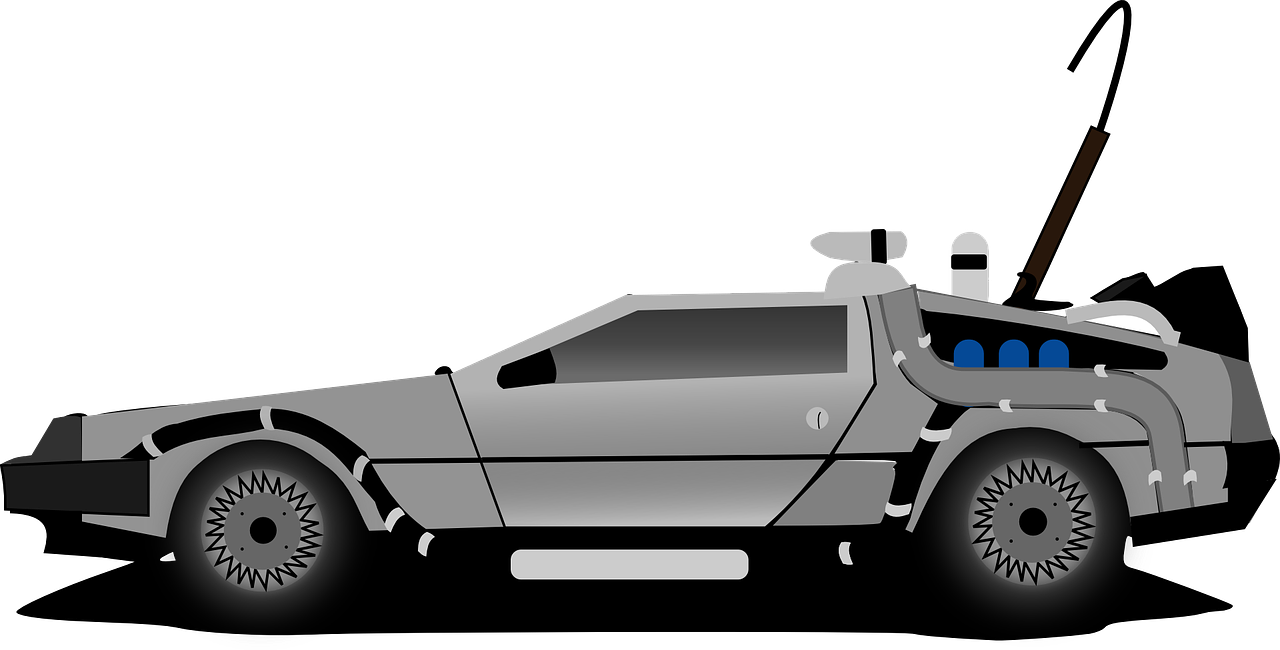A virtual reality environment for physically assembling deep learning models to solve data science problems. You can see it in action in this demo.
These instructions will get you a copy of the project up and running on your local machine for development and testing purposes. See deployment for notes on how to deploy the project on a live system.
Due to the resource-intensive nature of virtual reality, you should have a computer equipped with a high-end GPU. The project was designed for an Oculus Rift with related sensors.
You should also install Unity on your development machine.
To run the backend, make sure you have Docker installed.
To install the frontend, clone this repository and open the UHACK subdirectory in Unity.
The backend comes packaged as a Docker Hub container: docker pull aniskywalker/devoreann-backend.
It was a 20 hour hackathon, you think there are tests!?
During the U-HackMed event, an instance of the backend was run on the BioHPC infrastructure within the UT Southwestern network. The specific steps to do so are specific to your package manager/container runtime.
The server will expose itself on port :50051.
The client can be deployed using the build script (WIP) or by building it directly from Unity.
- Unity
- Tensorflow/Keras
- MNIST dataset
- gRPC/Protocol Buffers
Please read CONTRIBUTING.md for details on our code of conduct, and the process for submitting pull requests to us.
We (try to) use SemVer for versioning. For the versions available, see the tags on this repository.
- Murat Can Çobanoğlu, Project Lead (UT Southwestern Distinguished Fellow)
- Kevin VanHorn, frontend (University of Texas at Dallas)
- Meyer Zinn, backend/networking (St. Mark's School of Texas)
- Michael D'Annunzio, frontend (University of Texas at Dallas)
- Siddharth Agarwal, backend/machine learning (University of Texas Arlington)
- Xiaoxian Jing, backend/machine learning (Southern Methodist University)
This project is licensed under the MIT license - see the LICENSE file for details.
- Special thanks to the UT Southwestern Bioinformatics department for their incredible hospitality. This project would not be possible without their initiative.
